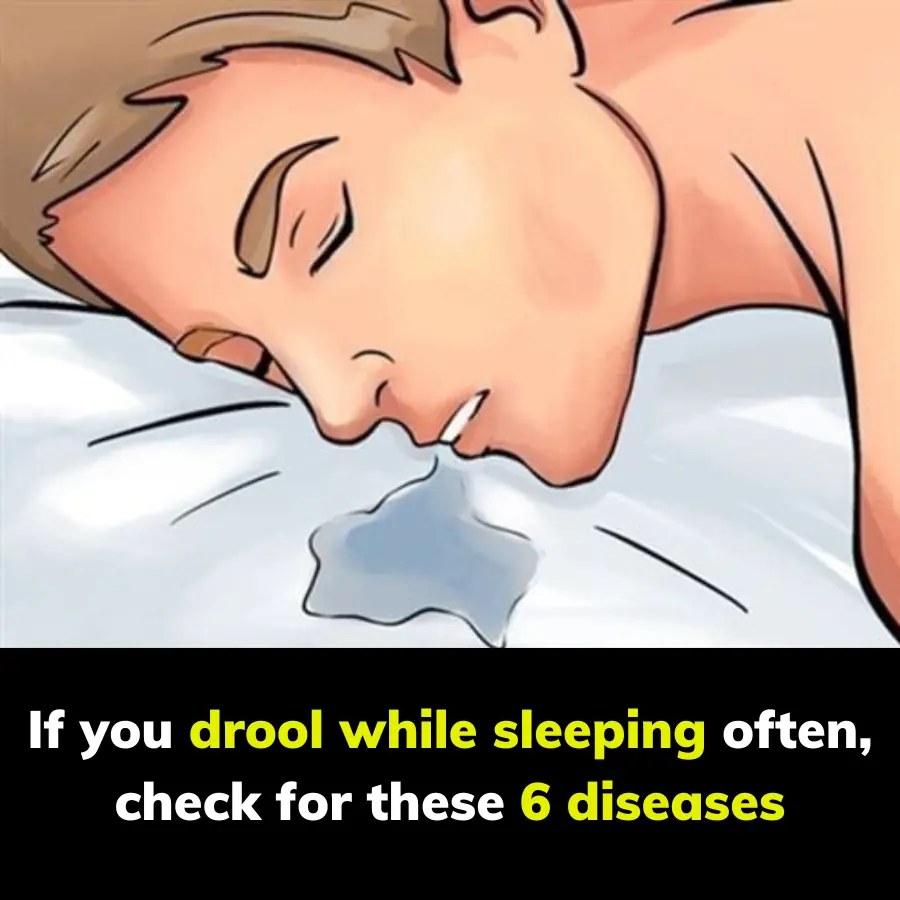1. Oral diseases
Pharyngitis, maxillofacial inflammation, gingivitis can stimulate the secretion of salivary glands, leading to drooling.
In addition, crooked, loose teeth, and discomfort when wearing dentures can also cause drooling while sleeping. After straightening your teeth, your drooling will improve.
2. Facial paralysis
Facial paralysis is a condition of paralysis of the muscles on one side of the face. Due to the asymmetrical strength of the muscles on both sides, it is difficult to hold saliva on the paralyzed side and it is easy to drool whether you are sleeping or not.
If accompanied by symptoms such as crooked corners of the mouth, you need to see a doctor immediately.
3. Gastroesophageal reflux disease
Abnormal gastric acid can increase the salivation reflex, and some patients with gastroesophageal reflux may have drooling symptoms, accompanied by common symptoms of gastroesophageal reflux disease including acid reflux, heartburn, and chest pain.
4. Parkinson’s disease
In Parkinson’s disease, due to poor swallowing function, saliva is often not swallowed in time. In addition, due to damage to some nerves, saliva secretion also increases, leading to drooling.
5. Cerebral thrombosis
If there is a blockage in the cerebral blood vessels, some of the muscles that control the throat may be dysfunctional, and the patient cannot actively control the muscles while sleeping, causing drooling.
If accompanied by symptoms such as crooked mouth corners, saliva often flowing in one direction, and eyes not closing tightly, it is time to be extremely vigilant.
6. Arteriosclerosis
If you have atherosclerosis, it will lead to ischemia and lack of oxygen to the brain, the facial muscles will relax, and the swallowing function will also decrease, making it easy to drool.
In particular, middle-aged and elderly people with high blood pressure, high cholesterol, and diabetes need to be very vigilant.
To improve drooling while sleeping, there are 3 ways:
1. Change your sleeping position
Sleeping on your back can reduce drooling, balance the development of different organs in the body, and even make breathing easier. Try not to sleep on your stomach, you can use a U-shaped neck pillow to reduce discomfort.
2. Keep your mouth clean
Keep your mouth clean every day, pay attention to rinsing your mouth as soon as possible after meals, brush your teeth in the morning and evening, use fluoride toothpaste, and use dental floss at least once a day to clean between your teeth.
If you find that you have a dental problem, you should adjust it promptly, otherwise it may cause your teeth to loosen and damage your gums.
3. Alternative medicine
If you find that your drooling is related to the medicine you are taking, you can talk to your doctor and ask if you can switch to another medicine, but remember not to change or stop taking the medicine on your own.

